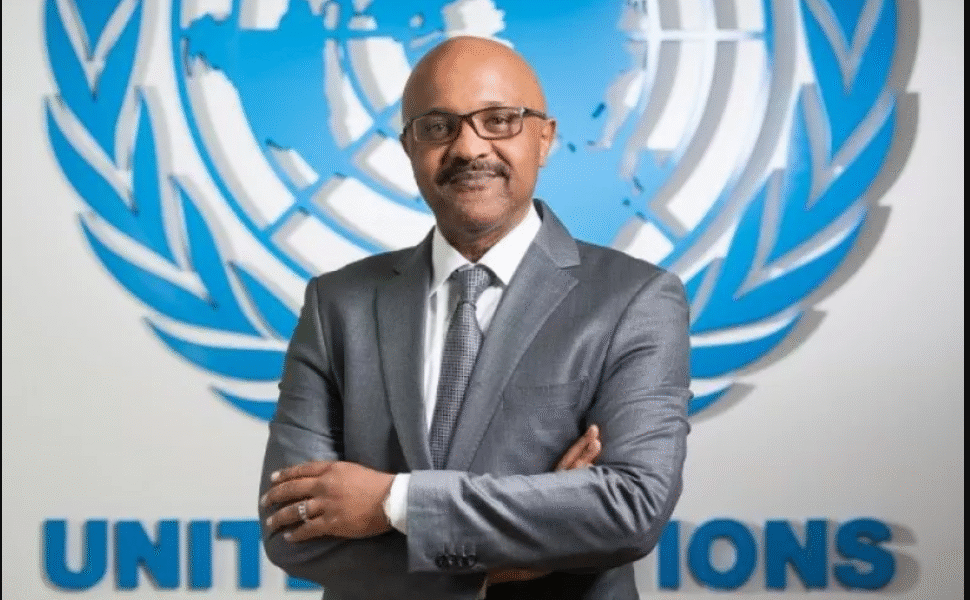News
Improve maternal care, mental health to address infertility —Health experts

Health experts have called for urgent public education, improved maternal care and mental health support to help address the medical and social impact of infertility.
Speaking at a health media training programme organised by the Merck Foundation last week in Dubai, leading specialists from across the continent called for urgent action to fight cultural stigma, improve access to reproductive healthcare, and normalise open conversations around infertility.
Dr Edem K. Hiadzi, a renowned obstetrician and gynaecologist with the Lister Hospital in Accra, highlighted reproductive tract infections as one of the major causes of infertility in women across sub-Saharan Africa.
He explained that these infections often result from Sexually Transmitted Infections (STIs), unsafe abortion practices, and post-delivery infections, which are frequently linked to untrained birth attendants or traditional healers.
“Infections acquired during unsterile procedures such as unsafe abortions or poorly managed deliveries can lead to tubal blockage and adhesions,” Dr Hiadzi said.
“Asherman’s syndrome, caused by excessive scraping of the uterine lining during dilation and curettage (D&C), is another major contributor. These are preventable conditions, yet they continue to rob many women of the ability to conceive.”
He expressed concern that a significant number of women in rural and underserved communities still deliver outside professional health facilities, increasing their risk of infections that lead to long-term complications.
“We cannot ignore the role of unskilled birth practices in perpetuating infertility. Prolonged and obstructed labour, for instance, can lead to pelvic infections, tubal damage, and obstetric fistula-some of the most devastating outcomes for any woman,” he added.
Dr Hiadzi stressed that infertility, particularly among women, is often misunderstood and leads to severe social consequences.
Supporting his call for action, Dr Francisca Bwalya, a consultant psychiatrist and Zambia’s National Mental Health Coordinator, highlighted the psychological trauma many women endure due to infertility.
Dr Bwalya warned that the emotional burden can lead to anxiety, depression, and long-lasting mental health challenges.
She called for community-based education campaigns to address behavioural practices and promote safer reproductive choices.
Dr David Mwesigye, a fertility specialist based in Kigali, Rwanda, emphasised the importance of early medical intervention.
He explained that while men can remain fertile well into old age, women’s fertility significantly declines after the age of 35.
By Esinam Jemima Kuatsinu